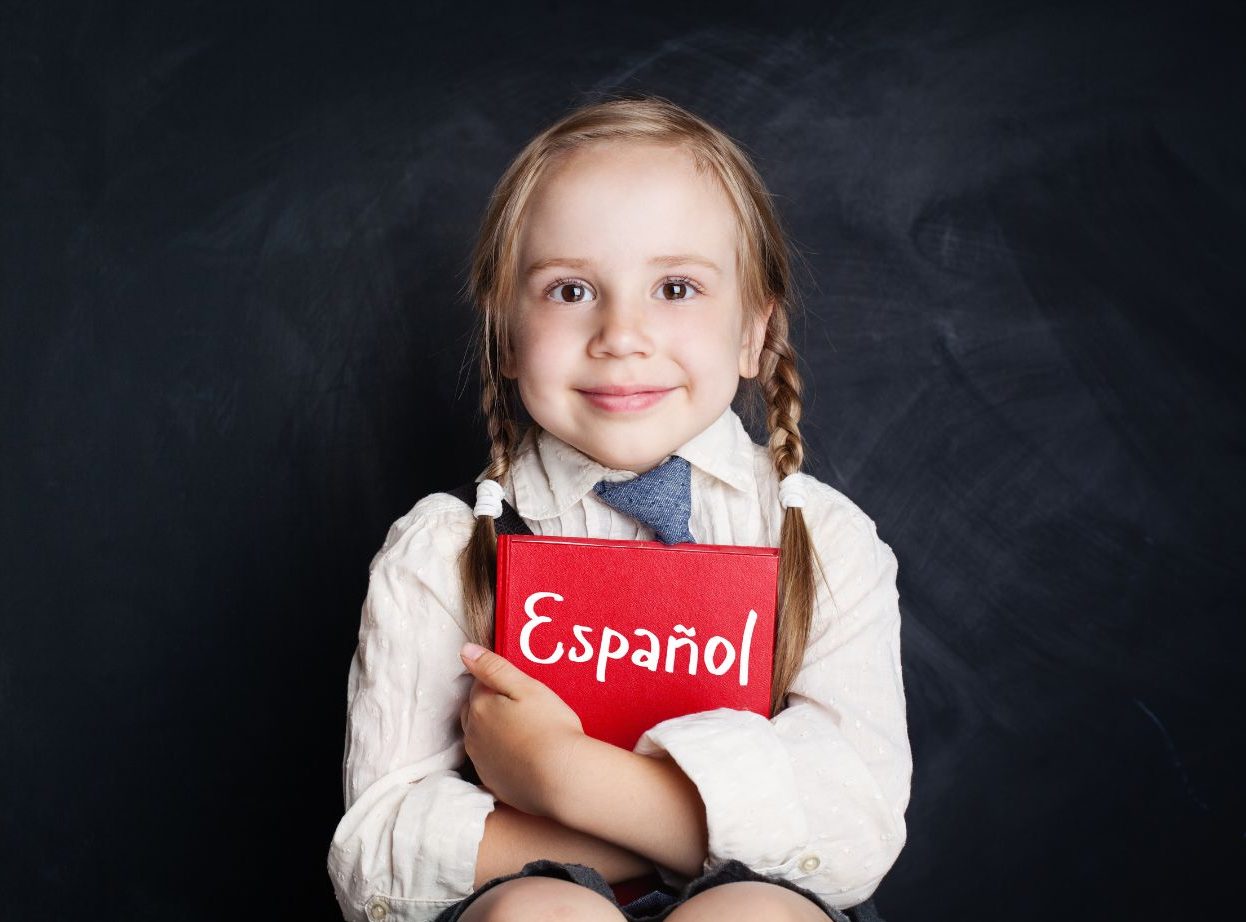It’s fun to learn a new language. Try these descriptive words and go out and use them in your conversations today.
agringado — having adopted a gringo style of speaking
alborotado — can mean rowdy, riotous or noisy; agitated or excited; hasty or reckless; or even horny, like a dog in heat
codo — Literally “elbow,” but used to mean miserly, cheap, frugal
concho — rude, mean, ill-mannered
dejado — “left,” meaning neglected, as someone’s looks or hygiene, or like a car that’s not maintained
espantoso — “scary,” meaning ugly, filthy or terrible
estresado — stressed out
lavado, limpio — “washed,” “clean,” meaning broke, out of money
necio — annoying. “No sea tan necio, déjame en paz” — “Don’t be so annoying, leave me alone.”
ostinado — desperate or fed up
Words to Call Children
bebé — baby
güila — child; “un güila,” a boy; “una güila,” a girl
chamaca/chamaco — girl, boy
chica/chiquilla/chico/chiquillo — girl, boy
mocoso — “snotty-nosed,” an uncomplimentary word for a child; a brat
muchacha/muchacho — girl, boy
niña/niño — girl, boy
pelado — hairless, meaning a child
tierroso — covered in dirt, meaning a small child
tripudo — pot-bellied; a chubby childSee more Spanish articles:







